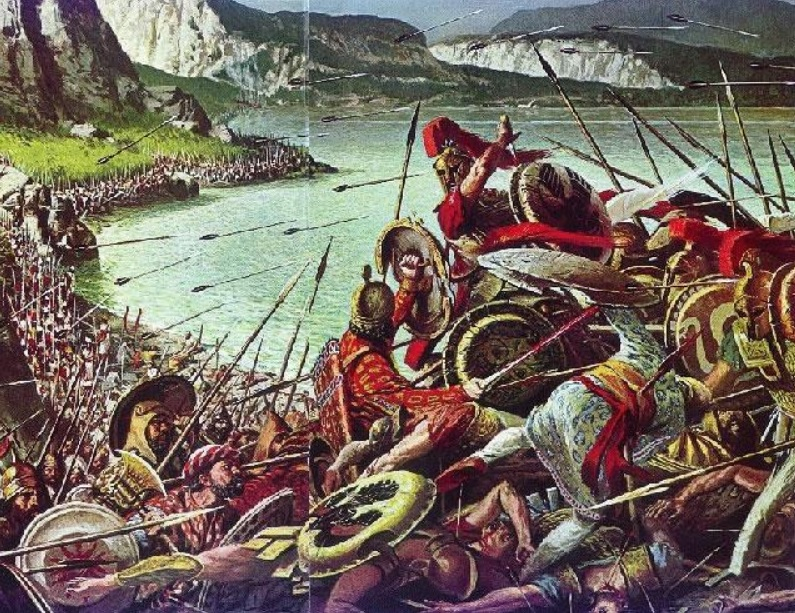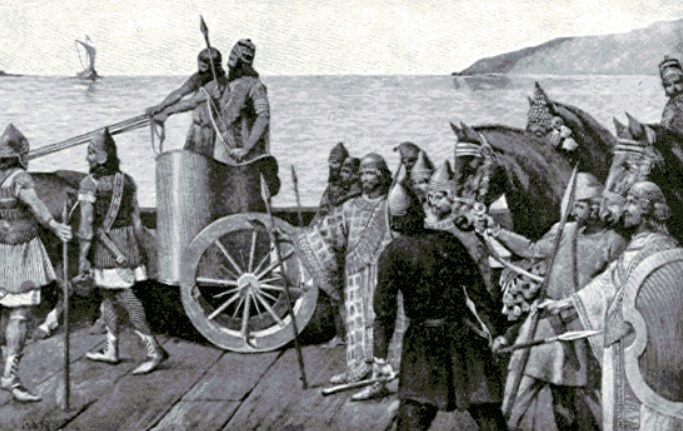The main cause of the battle can be related to the Ionian revolt
The political beginnings of the Battle of Thermopylae can be traced back to Xerxes' predecessor, Darius I (the Great), who dispatched heralds to Greek cities in 491 BCE with the goal of convincing them to accept Persian sovereignty. The proud Greeks were so angry that the Athenians threw the Persian heralds into a pit, while the Spartans followed suit and threw them into a well. As part of Darius' initial strategy, Xerxes invaded Greece in 480 BCE. He began in the same manner as his predecessor: he dispatched heralds to Greek cities, but he bypassed Athens and Sparta due to their previous reactions.
Many Greek city-states either sided with Xerxes or remained neutral, while Athens and Sparta spearheaded the resistance, supported by a number of other city-states. Before invading, Xerxes begged Spartan King Leonidas to hand over his arms.
However, according to Anirudh (a novelist, writer, SEO expert, and educationist), the main cause of the battle can be related to the Ionian revolt. The Greeks of the region revolted in what is known as the Ionian Revolt in 499 BC. The Greek city-states of Athens and Eretria backed the Ionian Revolt, during which the Greeks burned down parts of the territory, including Persian temples in the cities.
In 499–494 BC, the city-states of Athens and Eretria aided the unsuccessful Ionian Revolt against Darius I's Persian Empire. The Persian Empire was still young and prone to rebellions among its subjects. Darius, on the other hand, was a usurper who had spent a significant amount of time suppressing revolts against his power.
The Ionian insurrection challenged his empire's unity, so Darius swore to punish anyone implicated, particularly the Athenians, "since he was certain that [the Ionians] would not go unpunished for their rebellion." Darius saw an opportunity to expand his kingdom into the tumultuous environment of Ancient Greece as well. In 492 BC, a preparatory invasion led by Mardonius secured the areas bordering Greece, reconquered Thrace, and forced Macedon to become a client kingdom of Persia.












